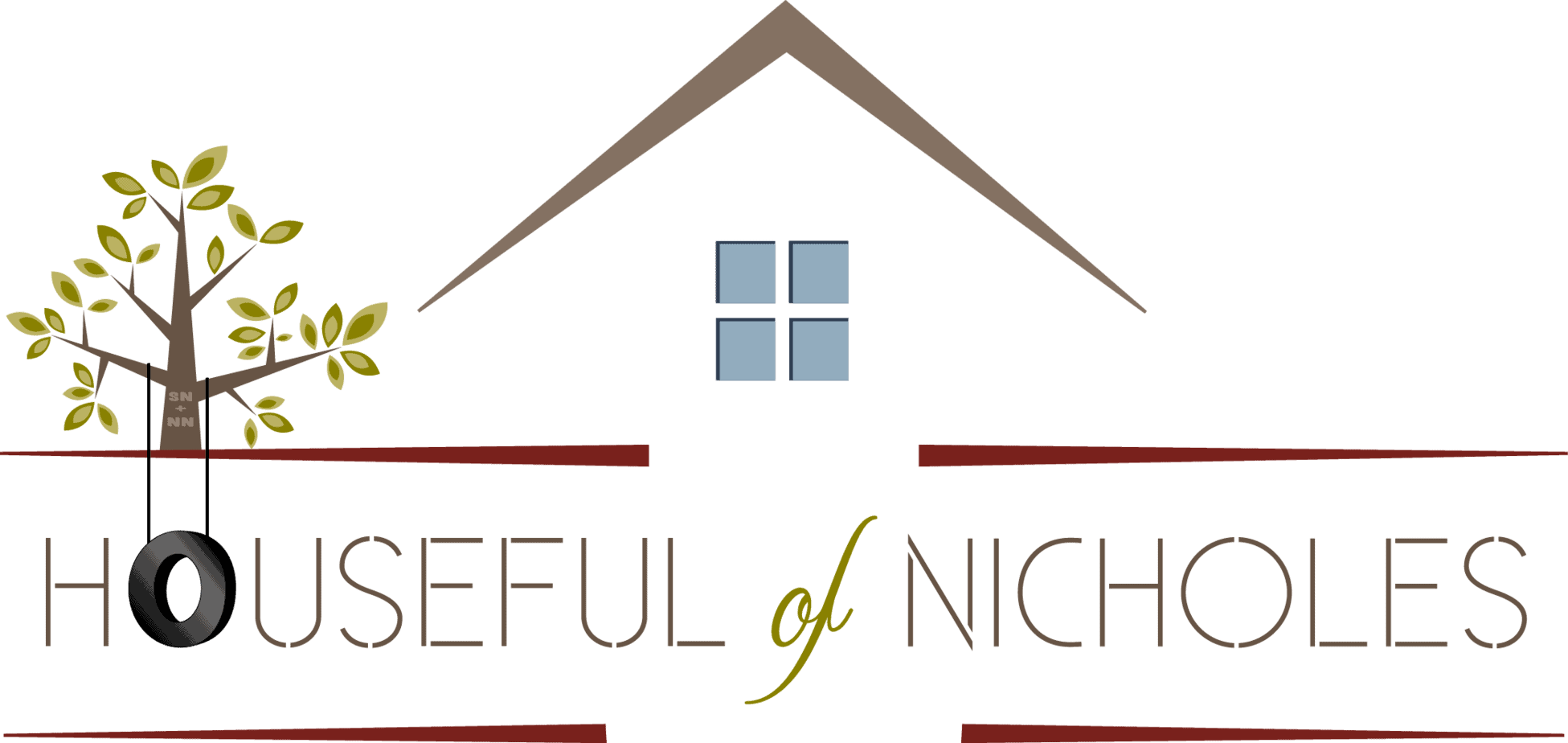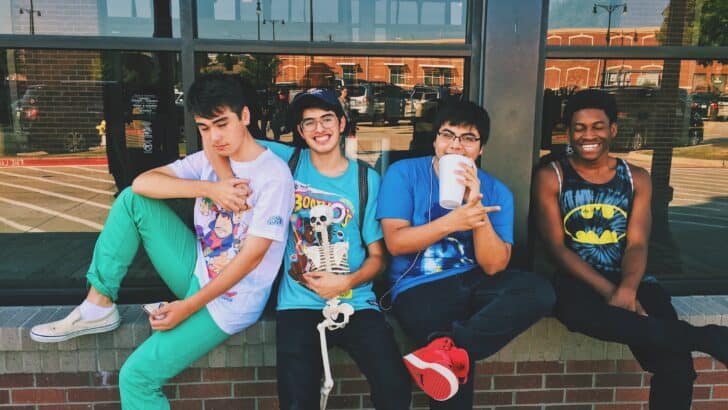Whether you've been homeschooling for a while, or are just starting out, you may have considered delving into the world of unschooling. But, you have doubts. That's understandable, anything new and different can be daunting; you don't know what you don't know, right? If you clicked on this blog post, you may be feeling that the one thing you do know right now is that how you're going about your child's education, needs to change. So, let’s break down the big question, what is unschooling, and more importantly, can you unschool through high school years?
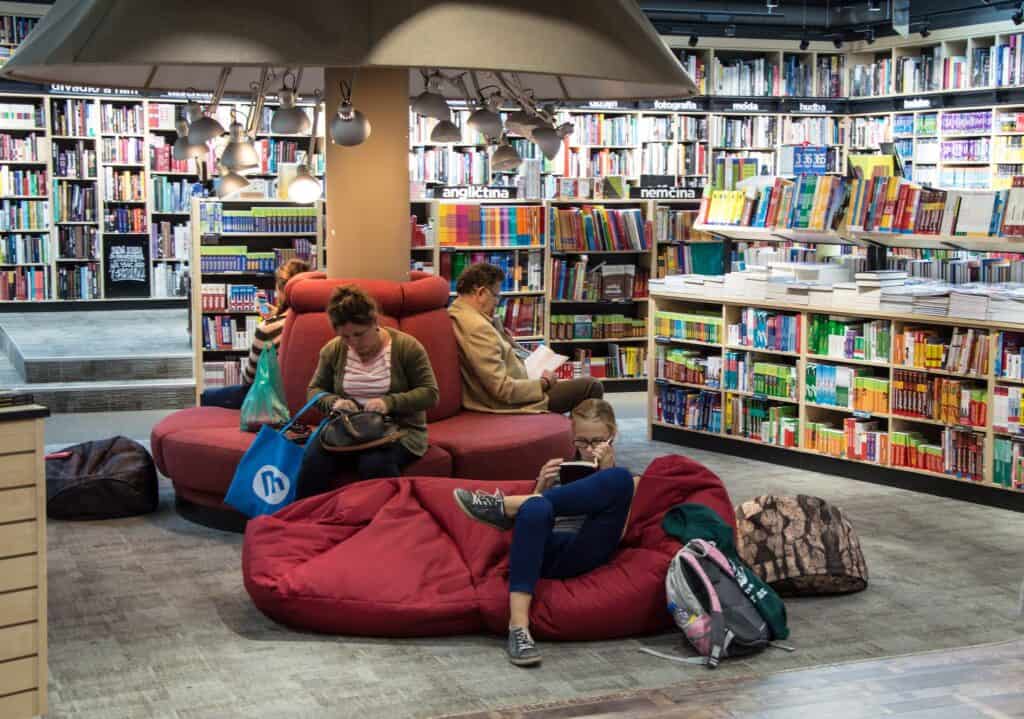
What is Unschooling?
Long before homeschooling came into the mainstream – due in part to the COVID-19 epidemic – select educators began touting the benefits of home education, encouraging parents who were able, to leave the public school system and begin teaching their children at home. Among them, a former educator of over thirty years was John Taylor Gatto. Author of the prolific book, Dumbing Us Down: The Hidden Curriculum of Compulsory Schooling, Gatto felt that public education was the very thing to be avoided; that it only creates people who know how to obey orders.
“Whatever an education is, it should make you a unique individual, not a conformist; it should furnish you with an original spirit with which to tackle the big challenges; it should allow you to find values which will be your roadmap through life,”
John Taylor Gatto - Dumbing Us Down: The Hidden Curriculum of Compulsory Schooling
Another proponent of unschooling, writer and educator, John C. Holt, said “schools assume that children are not interested in learning and are not much good at it, that they will not learn unless made to, that they cannot learn unless shown how…”
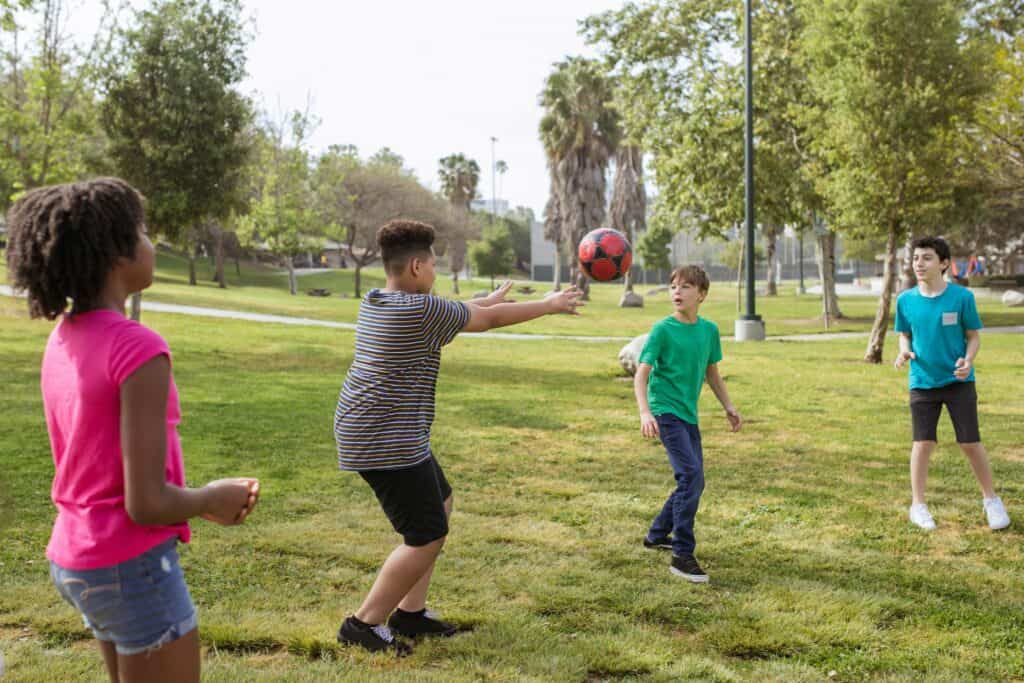
Won't My Kid Just Play Video Games All Day?
Every parent knows that when a child is interested in something, they go all in and sometimes that thing they’re interested in, may not seem to be “important” to the parent. How much could they possibly learn from video games, after all? But, unschooling parents see the potential in everything. Everything can be a learning experience, yes, even video games.
In fact, some parents, during the pandemic noted how much their children’s reading skills improved upon the release of the new Animal Crossing: New Horizons video game. Learning happens everywhere and unschooling is about trusting our children (and ourselves) It’s about letting go of any preconceived notions around education and it’s about understanding that sometimes it’s just not that serious. We can let go of the reigns, let life lead, and allow the lessons to organically follow.
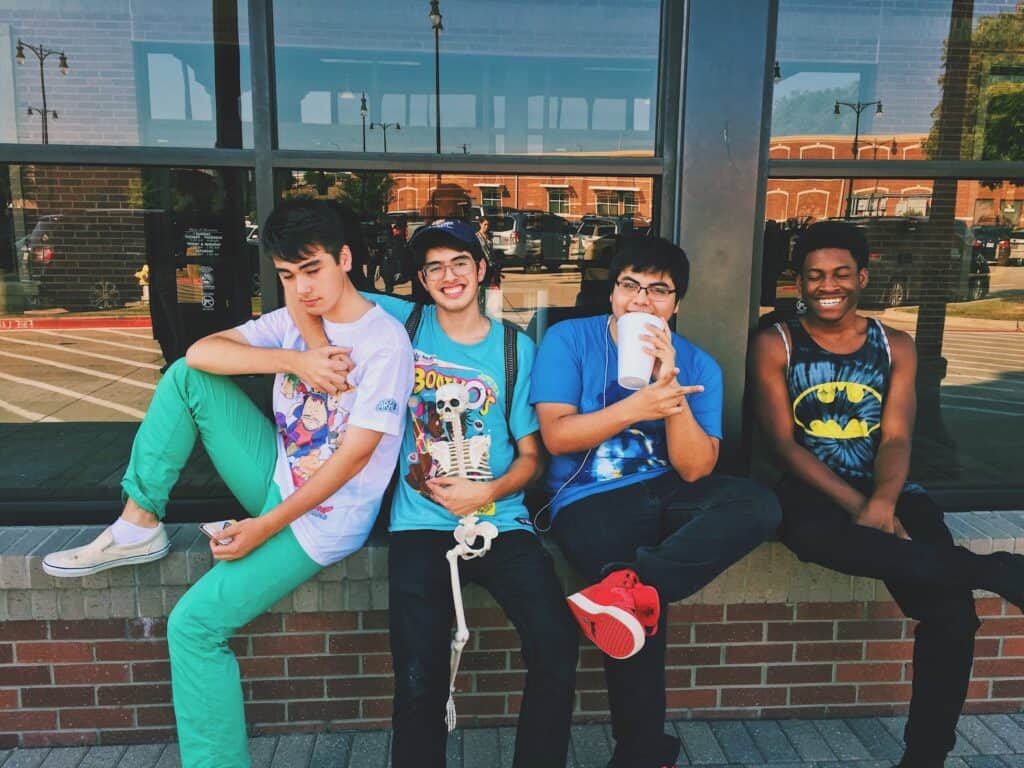
What Unschooling is Not
So, what is unschooling? It’s more a way of looking at learning and at children rather than a methodology. It’s about using the tools available to us, when the opportunity presents, rather than structuring learning time down to the minute and page number. Unschooling families don’t discount textbooks and curriculum. These things may not be at the forefront of their toolbox, but they exist; it just depends on the child, the subject, or the mood the child and parent are in at that particular moment in time.
Unschooling is everything and nothing, all at once. It’s a way of living life that uses resources available to facilitate learning, in whatever way a child needs for it to happen. It’s easier to discuss what unschooling is not. Unschooling is not just sitting down with workbooks. Unless the child enjoys this, then by all means, bring on the workbooks, documentaries, or hands-on projects. It's about following your child's lead, leaning into their strengths, and helping them discover themselves, their interests, and their place in the world. That is unschooling.
Unschooling High School: What That Looks Like
Some parents may decide that they're on board with unschooling their young children; after all, teaching them their ABC's and 123's as toddlers was streamlined and easy. Moving on to other subjects like social studies and elementary math, may not seem as daunting, so they may feel well-equipped to unschool during those early years.
However, at some point – usually right before the child begins middle school – a caregiver's self-doubt begins to creep in. After all, they remember not being the best at Pre-Algebra in school, and can't for the life of them remember what year The Civil War Ended. This is when many adults begin to question whether unschooling, or homeschooling in general, can or should continue after the middle grades.
Unfortunately, it is this doubt that takes children away from their homes and families at a very critical time in their lives. The tween and teen years are a mix of emotions. They're trying to figure out the world and their place in it. Adding in the stressors that can occur in a public school system, can be a recipe for disaster for some young adults.
Unschooling High School Breakdown
So, exactly what is unschooling in the high school years? What can that look like?
For starters, it can look however you want it to look. If you want to cover English and Language Arts, the best way to do that is to read. Have your child read anything and everything. Audiobooks count too. Science and History are just as simple. If you've ever perused the streaming offerings on Netflix or Amazon Prime, you know that there's a series for just about everything. Have your child keep a journal, or better yet a blog. They'll learn valuable writing skills as well as computer, technology, and social media skills that will take them further than any dusty textbook ever could.
What about math, you ask? Well, what about it? We use it every day already. It will come up through unschooling in a variety of ways, both intentionally and organically. Just live life, you'll see where and how it shows up.
Unschooling Allows Young Adults the Freedom to Find Their Own Way
Your learner may or may not know what they're interested in pursuing in life, and that is okay. We put so much pressure on young people whose brains aren't even fully developed – that won't happen until they're at least 25 – to know what it is they want to spend the rest of their lives doing. But, honestly, are you currently doing what you thought you'd be doing when you graduated high school?
Our schools are preparing students for a world that is changing so quickly. We don't even know what careers will be available in the next few years. So, unschooling your learners is the perfect way to prepare them for an ever-changing world. With the freedom to explore project-based learning around their interests, they not only gain self-directed learning skills, but they're engaged and present because they want to learn it.
If you're worried that you'll miss something, don't give it a second thought. We can't all know everything and, if you haven't noticed, we're living in a world where any information we seek, can be assessed with a quick Google search. Again, it all comes down to trust. Trust that your child will find something to be interested in. First, they'll find and release things that don't serve them. But, once they find their "thing" you can be sure they're on the right path. So, let go and trust the experience.
Okay, that's all well and good, but how do I know I'm preparing my learner for higher education or a successful future career? Good question. The fact that you're concerned about this, tells you everything you need to know.
What About College?
So can an unschooled high schooler get into college? We already know and have established that colleges throughout the country are continually and actively recruiting homeschooled students. But what about high schoolers who have been unschooled? Can they get into college?
Well, let's think about this. Chances are, if you have a student who is on the path toward university, they already have an inkling about this before their senior year. But if they don't, don't worry. Plenty of successful students enter college well after the age of 18, it's not that serious.
Back to the question at hand. If your student wants to go to college, they're in a great position as an unschooler to work toward that goal. They have the time to take dual-enrollment classes, thus shortening their path toward an undergraduate degree. An unschooled student can also spend more time practicing for the SAT or ACT; there are countless courses and books that offer strategies and techniques that assist students in acing these exams.
Everything is Figureoutable
An unschooled student can also take the necessary prerequisite courses to create a transcript; if one is necessary. And if the interest in college appears later and you start to panic that your student hasn't taken a set list of courses, there's a pretty good chance you've covered much of what's in those classes, in your daily life. Some college applications make allowances for homeschooled students to include essays about experiences or portfolios that illustrate their abilities. There's always a way. So yes, an unschooled high schooler, can most certainly attend college. As writer and speaker, Marie Forleo points out, "Everything is figureoutable."
It is my hope that parents who have an interest in creating a more inclusive and broad education for their children understand that unschooling is an option. It's not this big, scary thing that comes across as neglectful and weird. Quite the contrary. Unschooling is a very specific, individualized approach to education. It's a choice that can make all the difference in the world.
